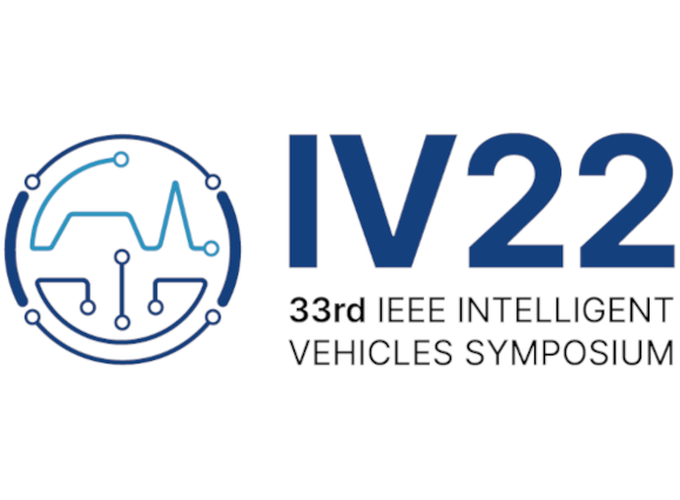The BROAD workshop
What are the new frontiers of autonomous driving: Are there open technical or non-technical issues that impede autonomous driving now or in the upcoming future? Can cognitive inspiration and machine learning (ML) help us here or do these approaches lead to new problems?
The workshop
focuses on two major aspects of these questions. The first is the identification of major challenges across all aspects of autonomous driving (algorithmic, societal, law-related, standardization, etc.) that are supposed to or that could probably impede the development of autonomous driving (AD) or its introduction on the market. These could be technical issues (how many test miles need to be driven? is ML reliable? do we need explainable ML methods in general? how to select training data?). But these could also be non-technical questions like law-, insurance-related, or ethical questions.
The second aspect is the discussion of potential, cognitively-inspired and ML-based solutions.
pure ML, and bio-inspired approaches that try to mimic cognitive mechanisms observed in humans and/or animals in a reasonable amount of detail. Each approach has their own particular advantages and limitations. For example pure ML often requires large amounts of training data, yet is typically very brittle while bio-inspired approaches are by necessity based on incomplete theories, and we’re still missing convincing demonstrations in real applications.
Presentations
Workshop format: half day, co-located with the RVT workshop: https://www.vti.se/rvt
Date and site: The BROAD WS will take place as part of the IEEE Intelligent Vehicles Symposium 2022 at Aachen, Germany, June 5th, Room B003, ika, RWTH Aachen University (8:30 – 12:00).
Attendance
Workshop registration starts in March. Details can be found at: https://iv2022.com/workshop-registration
Workshop Program
The workshop program of the co-located BROAD and RVT workshops can be found on the RVT website: https://www.vti.se/rvt
Presenters
There will be a mixture of invited talks, regular paper presentations, and discussion rounds.
Poster Session
It is planned to organize again a poster session accompanying the workshop.
CFP / Submission
The workshop explicitly focusses on broad, general issues (such as general safety challenges, properties of different paradigms currently in use (in particular ML, or biological or cognitively inspired ones that go beyond reducing cognition to classification problems), and comparisons thereof), including law-related, standardization, societal and ethical ones. We solicit papers that are in the spirit of this broad nature of the workshop.
Workshop papers have to be submitted in the same process as the symposium papers.
- Workshop paper submission: March 15th, 2022 (extended!)
- Submission code: 99999
- Notification of workshop paper acceptance: April 10th, 2022
- Final Workshop paper submission: April 30st, 2022
- IV 2022: June 5th - 9th, 2022 (workshop: June 5th)
Authors of accepted workshop papers will have their paper published in the conference proceeding. At least one author needs to be registered for the workshop and the conference. Information on paper and submission is common with all symposium papers and is available at
https://iv2022.com/program/your-contribution
The paper submission site is now open: https://its.papercept.net/conferences/scripts/start.pl The submission code for this workshop
is “99999”.
Chairs
-
Tim Tiedemann: Affiliation: Department of Computer Science, Faculty TI, University of Applied Sciences Hamburg Email address: Tim.Tiedemann@haw-hamburg.de
-
Serge Thill: Affiliation: Interaction Lab, School of Informatics, University of Skövde, Sweden and Donders Institute for Brain, Cognition, and Behaviour, Radboud University, The Netherlands
